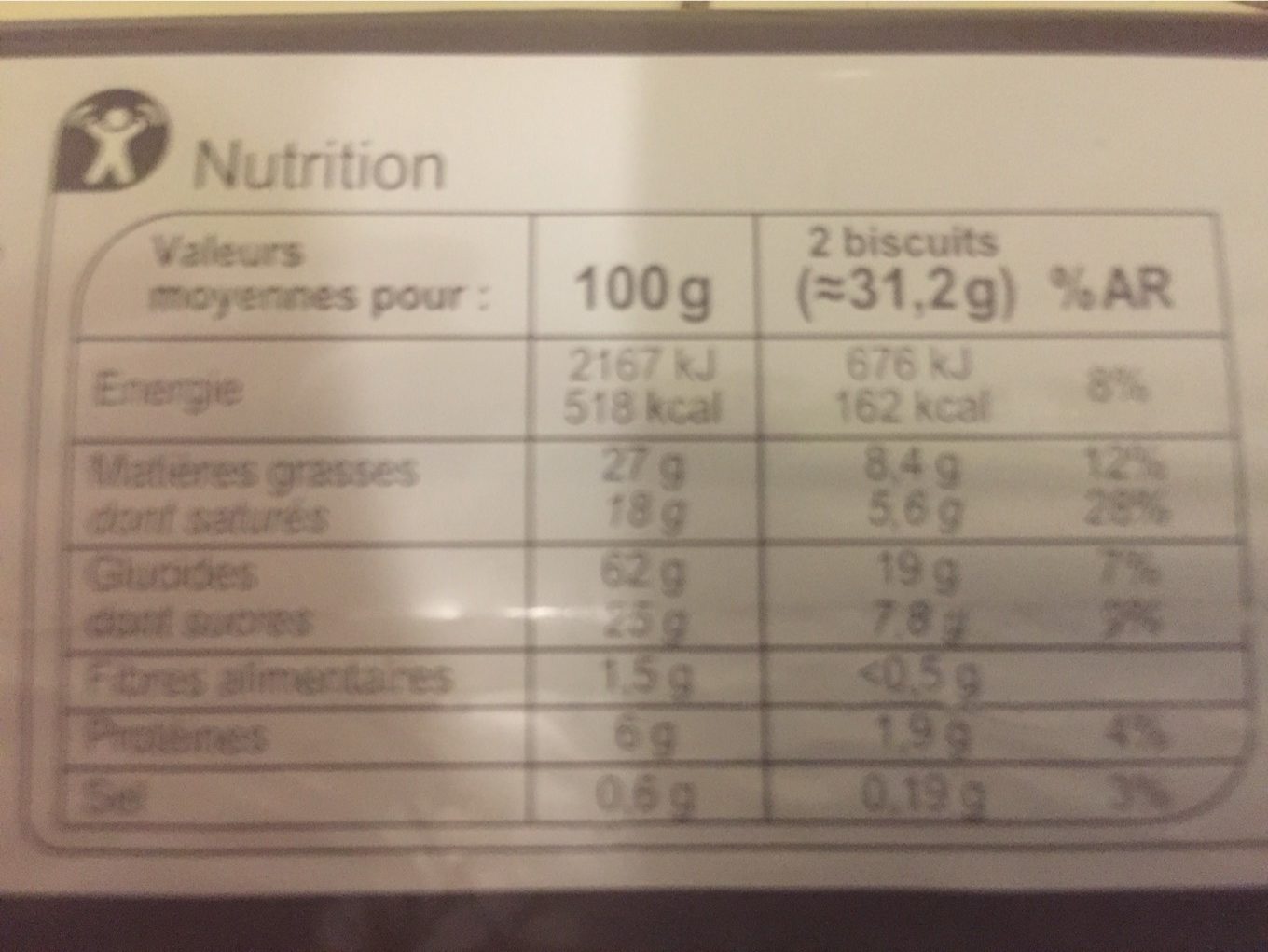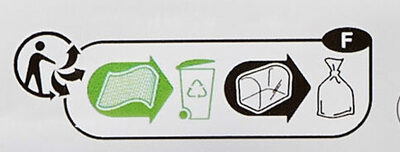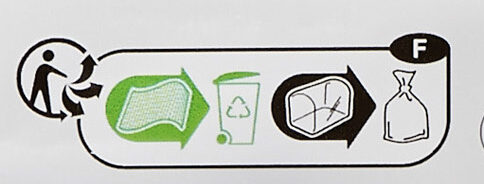Les Palets Breton Au beurre et aux oeufs frais - Carrefour - 125 g
This product page is not complete. You can help to complete it by editing it and adding more data from the photos we have, or by taking more photos using the app for Android or iPhone/iPad. Thank you!
×
Some of the data for this product has been provided directly by the manufacturer Carrefour.
Barcode: 3560071080181 (EAN / EAN-13)
Common name: Biscuits au beurre et aux œufs frais
Quantity: 125 g
Brands: Carrefour
Categories: Snacks, Sweet snacks, Biscuits and cakes, Biscuits, Shortbread cookies
Labels, certifications, awards:
Green Dot, Made in France
Origin of the product and/or its ingredients: Ce biscuit est fabriqué en France à partir de beurre et d'œufs frais d'origine UE.
Producer: Fabriqué en France par EMB 50025 pour Interdis
Manufacturing or processing places: France
Traceability code: EMB 50025 - Avranches (Manche, France)
Stores: Carrefour
Countries where sold: Italy, Spain, fr:Francia
Matching with your preferences
Other information
Other information: Avec les palets Bretons Carrefour, retrouvez la recette au beurre et aux œufs frais de votre enfance. Fabriqué en France 4 pochons de 2 palets (faire un picto)
Conservation conditions: A conserver à l'abri de la chaleur et de l'humidité.
Customer service: Interdis - TSA 91431 - 91343 MASSY Cedex - France
Report a problem
Data sources
Product added on by kiliweb
Last edit of product page on by naruyoko.
Product page also edited by beniben, carrefour, date-limite-app, ecoscore-impact-estimator, musarana, openfoodfacts-contributors, org-carrefour, packbot, quechoisir, roboto-app, yuka.SGZvY0d2cGVuTlVJaXN3Uyt6M000OTlUMjV2MlFqS3NlL2NYSWc9PQ, yuka.U3EwdlBiZ3FuUE5Wd2ZCdnh5TEo0UDBxbko2cUJFV09PZXNPSVE9PQ, yuka.V0tFSkNvZytuOXRUbU1aandEZk02UDFReE0rdVkxcVlKcnMzSVE9PQ, yuka.V1k4Z0VvWXhwdnNPeGZRaTV5M1I2TlJuNkpTRWIzcVFOc2dnSVE9PQ, yuka.VFlBUFNvZ2xyS0lucGNJUzh3cnczdTVaeUlXVmIyT0pJY1pPSUE9PQ, yuka.VzVzc0FKc2x1TndYdU0wNzh5dlQ4OTFvMjhldEJUK0lLTU1KSVE9PQ, yuka.YTZVOUFhUVFudGtQdGRvVXcwbk81ZEowNWJDSlVubVRPdHNiSVE9PQ.












